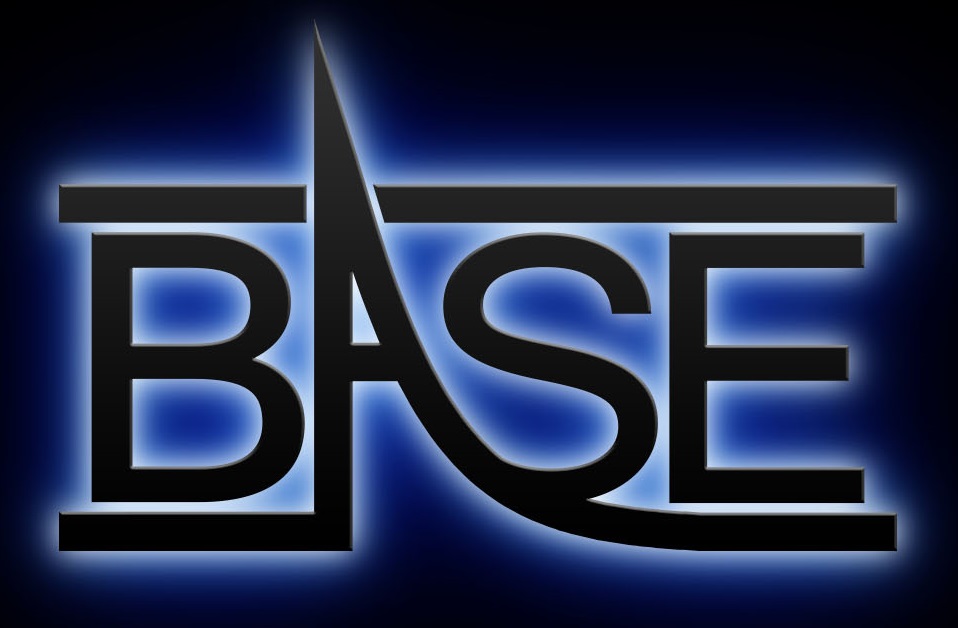In a major milestone for antimatter research, we have – for the first time – successfully transported protons outside an antimatter laboratory using our fully autonomous, open, mobile Penning trap system BASE-STEP. This pioneering technology enables the relocation of charged particles without the need for continuous external power. This achievement is marking a crucial step toward transporting antiprotons produced at CERN to high-precision laboratories, like BASE-HHU, currently being constructed at HHU-Düsseldorf.
Published today in the journal Nature, the study demonstrates that protons can be moved safely and without loss over long distances in regular traffic conditions. This opens the door to conducting ultra-precise antimatter measurements — previously only possible in the AD/ELENA accelerator facility of CERN — in specially shielded, protected low-noise environments.
In the manuscript published today, we have loaded BASE-STEP – a Penning-trap-setup with a weight of about 850kg – with protons, have transported the running trap, loaded with about 100 protons, out of CERN’s antimatter factory. We have moved the loaded over the CERN campus on a truck, and brought it back to its initial location. During the transport, we have continuously and non-destructively monitored the trap content. After reinstallation in its initial position, we seamlessly continued experiments with the transported protons. In a last step, we have separated the transported particle cloud, and ejected fractions of the transported cloud in small bunches out of the trap.
This demonstration unites the most important experimental challenges that are required to demonstrate antiproton transport, with the ultimate goal to relocate the particles into calm offline laboratory space. It is one of the major milestones towards realizing our goal to implement such offline antiproton measurements, which will allow us to investigate the fundamental properties of protons and antiprotons with 10 to 100-fold improved fractional accuracy. Such experiments may help us understanding one of the hottest topics in fundamental physics – the striking imbalance of matter over antimatter in our universe.
The project was primarily funded through a European Research Council (ERC) Starting Grant awarded to Dr. Christian Smorra, and was supported by the Max Planck Society, RIKEN, the University of Mainz and HHU Düsseldorf.
